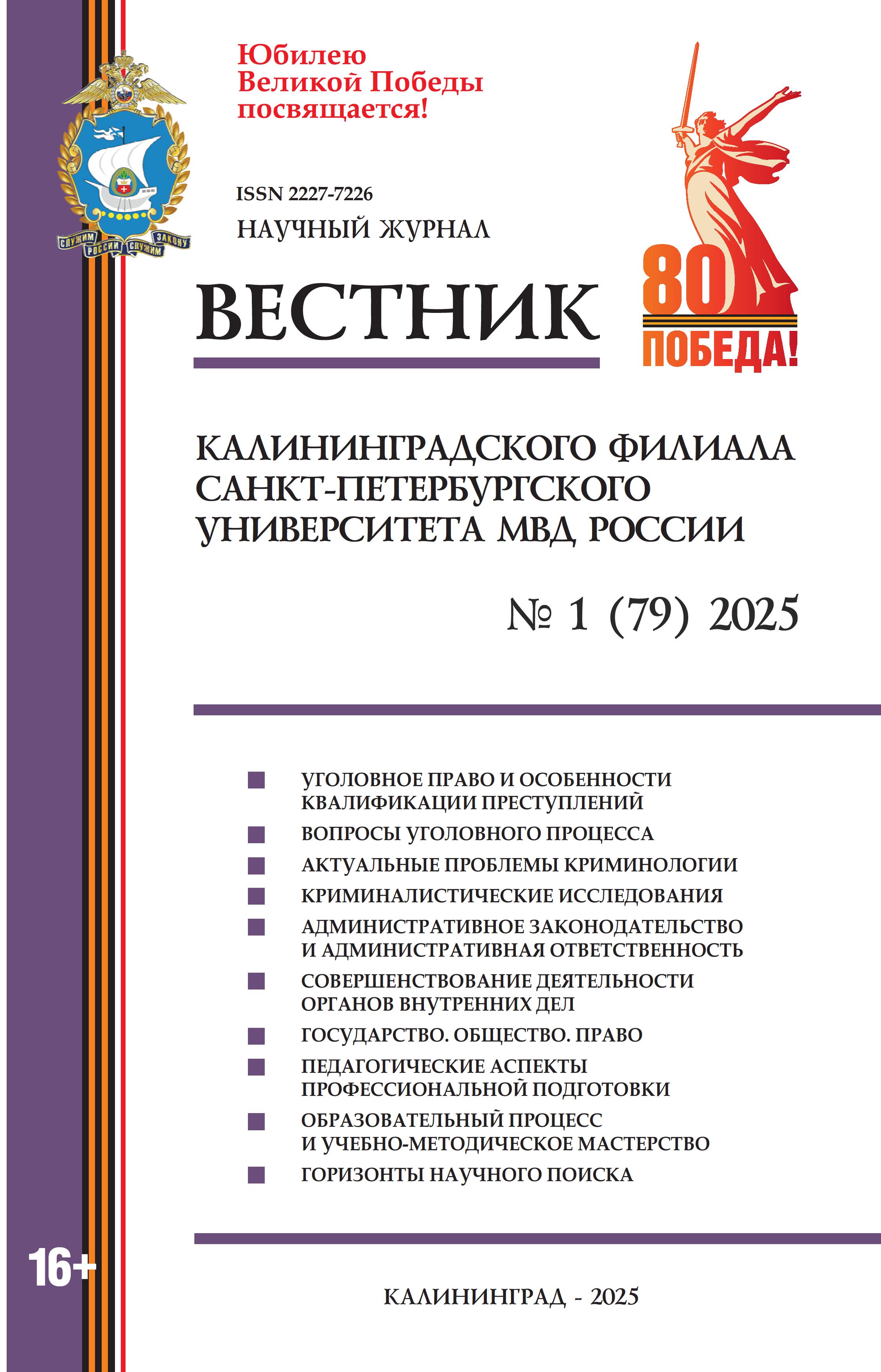Introduction. Ecotourism is one of the most promising areas of modern public policy and environmental entrepreneurship in many countries of the world. It is considered as a type of environmental entrepreneurship aimed at familiarizing tourists with the sights of wild nature in specially protected natural areas. Ecotourism not only represents a significant area of socio-economic development of territories, but also contributes to the restoration of physical and psychological health of citizens within the boundaries of natural ecosystems. Methods. The methodological basis of the study, the results of which are reflected in this article, was a system of philosophical, general scientific and specific scientific methods of cognition: analysis, synthesis, specific historical method, logical method, etc. Results. The authors of the article studied the ways and means of improving transport and other infrastructure of ecotourism, including the development of new routes (ecological trails), organizing meals and accommodation for tourists, as well as solving a number of other problems. Particular attention is paid to the issue of overcoming the negative consequences of ecotourism, which is little studied in legal science. In particular, the issue concerns the need to regulate various forms of behavior in the wild nature of tourists in national parks or other specially protected areas. In addition, the need to adjust state policy in relation to local residents of such areas has been identified. It seems important to establish clear legal prohibitions in order to prevent the destruction of unique natural complexes, the death of plants and animals. Such legal measures are unique for each country. Based on the results of the analysis of the environmental situation in Russia, the authors of the article formulate proposals for changing the current legislation.
Ecotourism, specially protected areas, flora and fauna, biodiversity, national park, nature, consequences and damage.







